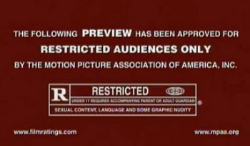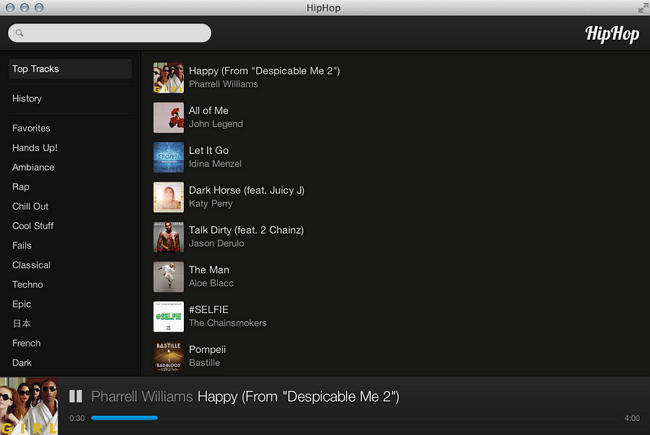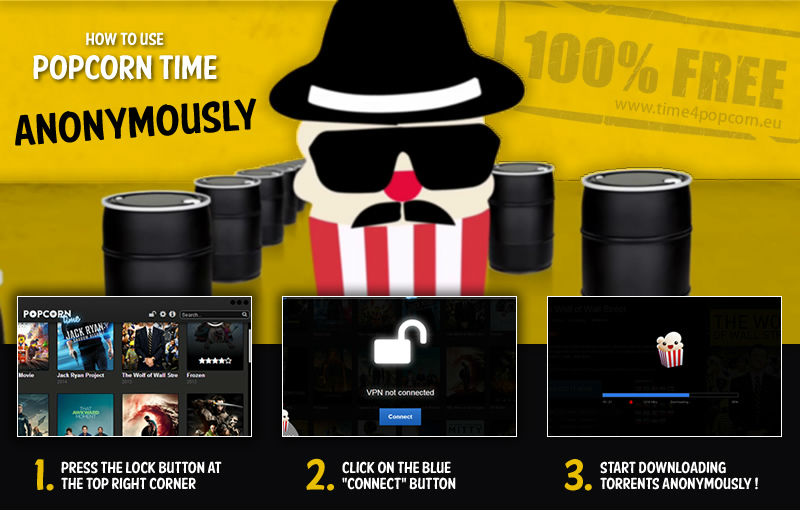 This week the U.S. House of Representatives’ Committee on the Judiciary’s Subcommittee Intellectual Property and the Internet held a hearing on the issue of “digital resales.”
This week the U.S. House of Representatives’ Committee on the Judiciary’s Subcommittee Intellectual Property and the Internet held a hearing on the issue of “digital resales.”
In other words, whether consumers should be allowed to sell digital videos, music files and software they purchased previously.
Proponents of the rights to resell digital goods want the First Sale Doctrine to apply in the digital domain as well. However, this argument is meeting fierce resistance from the entertainment industries who see this right as a threat to their online business models.
For example, the record labels previously pointed out that MP3s are simply too good to resell, as they don’t deteriorate in quality.
Responding to the hearing in Washington, the MPAA also voiced its critique of the plans. According to the movie studios digital resales would hamper innovation, increase prices and decrease the availability of online film. In their view it would undo most of the innovation the Internet brought.
“Critics say the movie and television industry was slow to embrace the Internet. But ironically, now that online video is ubiquitous, some of these same critics are trying to reverse time and drag the creative community—along with audiences—back into the pre-Internet era,” MPAA’s Neil Fried notes.
The ability to resell movies bought on the Internet has the potential to create a huge secondary market. This would make it much cheaper for consumers to access media, and the MPAA believes therefore that content creators will be wary of making it available in the first place.
“A new government mandate requiring creators to allow reselling of licensed Internet content would undermine incentives to create, reduce consumer choices, and deter innovation,” Fried argues.
“Forcing creators to allow resale of Internet content they license would either require creators to substantially raise prices or discourage them from offering flexible, Internet-based models in the first place,” he adds.
The MPAA believes that those who want to own movies and resell them should stick to the offline world. The physical ownership model doesn’t translate to the online world, which is better off with a licensing scheme that restricts resales.
“This is a relatively new marketplace. Government intervention now, seeking to force the content community to return to a 1908 construct built around physical ownership, will only short-circuit the experimentation and innovation that is going on all around us,” Fried says.
Of course there are also many people who object to the arguments of the copyright holders. John Ossenmacher, CEO of the MP3-reselling platform ReDigi, gave a testimony during the congressional hearing where he laid out a variety of counterarguments.
According to Ossenmacher the content owners are trying to change consumer rights that have been in place for more than hundred years, only to guarantee maximum profit for themselves.
“The First Sale doctrine is premised on a simple concept – you bought it, you own it – and it has never concerned itself with a specific format or technology, nor with the condition of the goods being resold. It establishes the commonsense principle that the creator deserves to be paid once, and then the owners, and subsequent owners, have the right to resell that good, to donate it or to give it away,” Ossenmacher said in his testimony.
“It is not an extreme position to advocate that ‘you bought it, you own it.’ It is a logical, conservative position that adheres to the long-standing principles of law. It applies in every other type of good; it should apply here as well,” he added.
It will be interesting to see how this debate plays out in the months to come. One thing is for certain, we haven’t heard the last of it yet.
Source: TorrentFreak, for the latest info on copyright, file-sharing and anonymous VPN services.

 This week we have five newcomers in our chart.
This week we have five newcomers in our chart.![ilovemusic]](./media/1586ff1b.ilovemusic.jpg)




